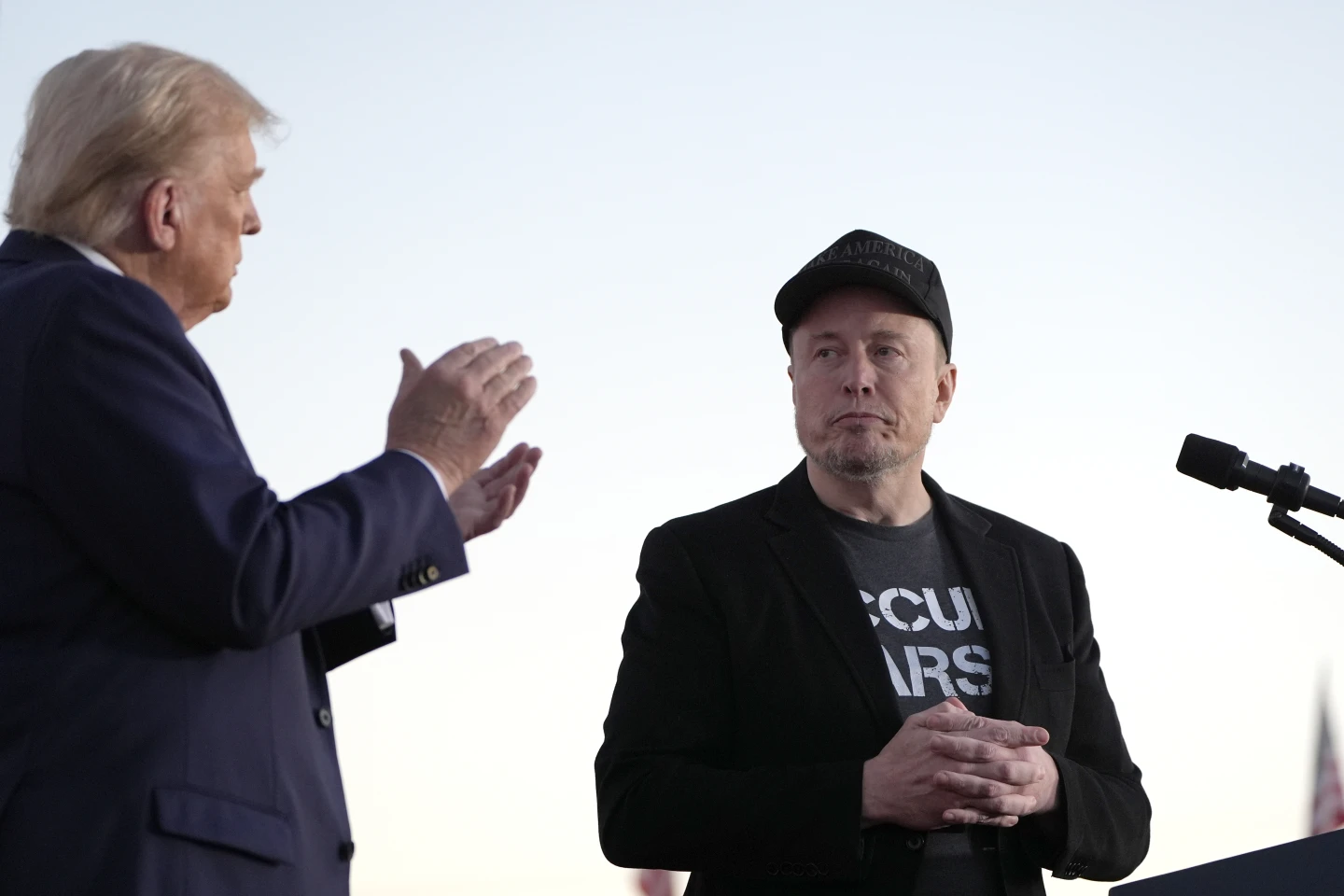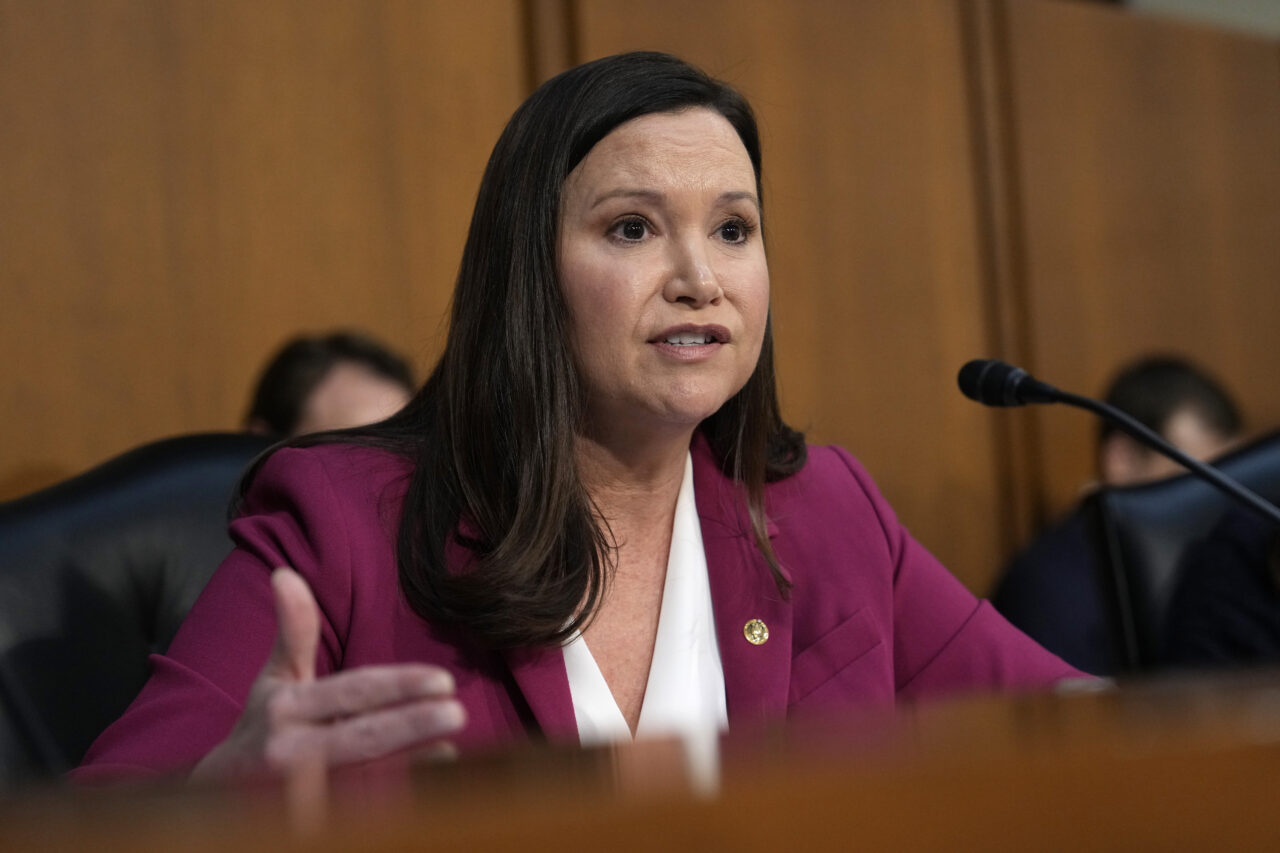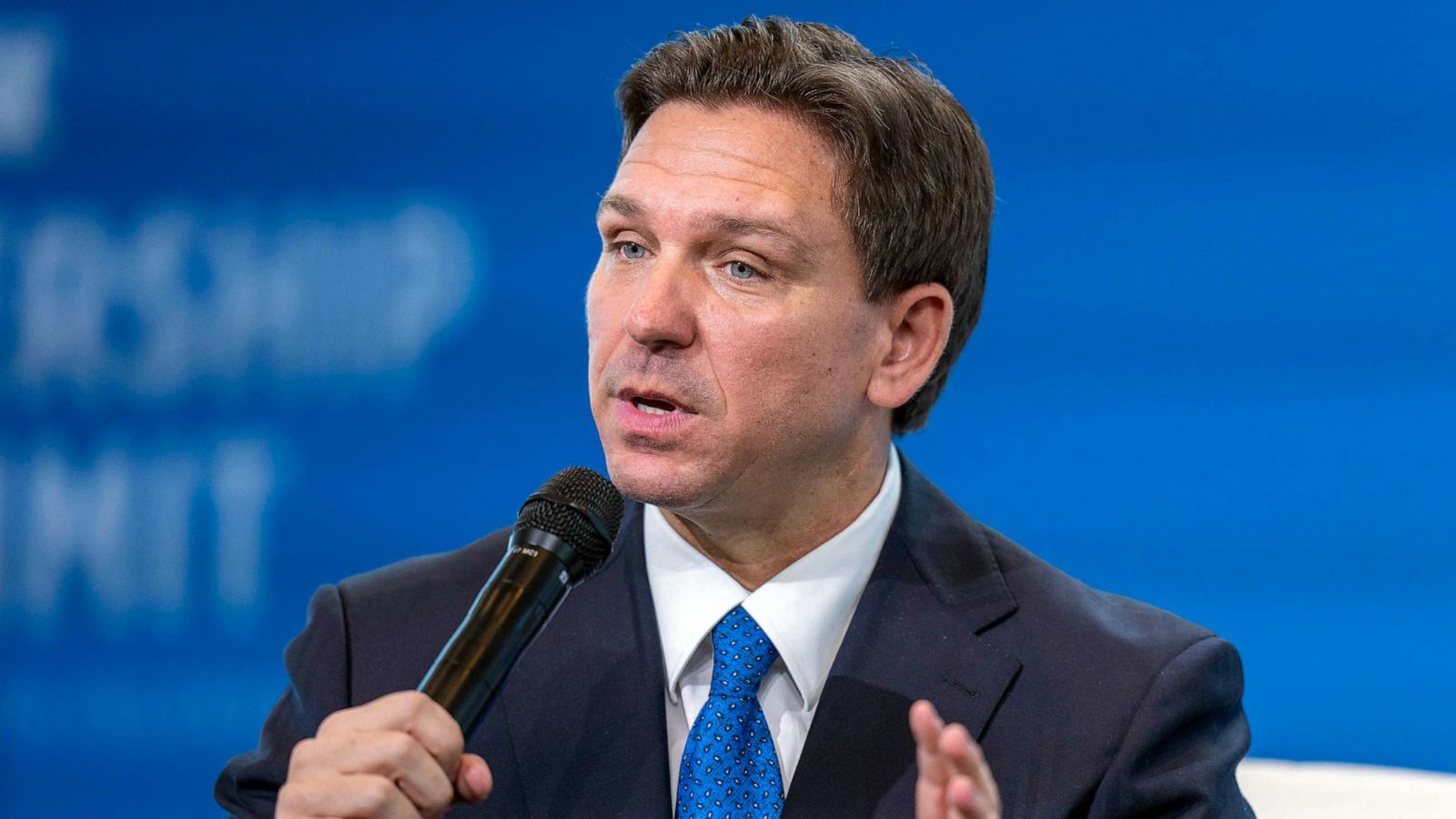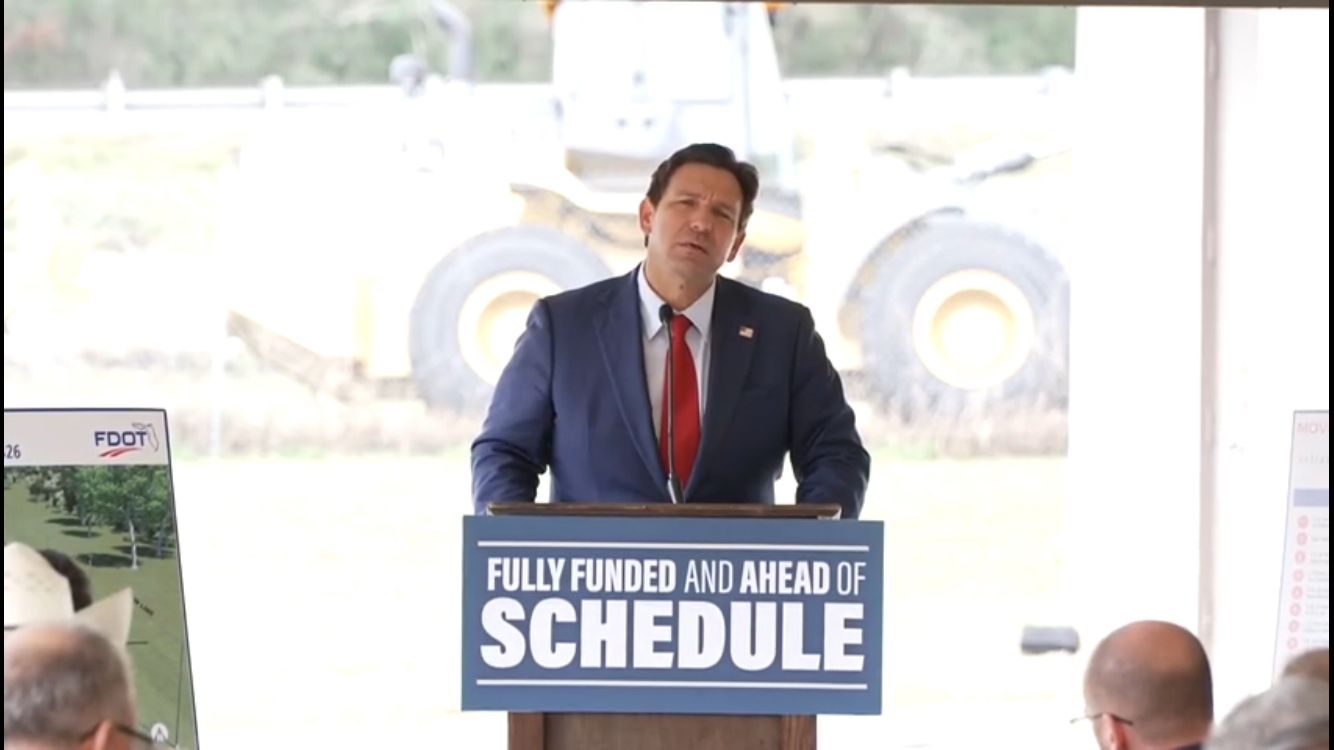Nearly 40% of the federal contracts that the Trump administration claims to have canceled as part of its signature cost-cutting program aren’t expected to save the government any money, the administration’s own data shows.
The Department of Government Efficiency run by Elon Musk last week published an initial list of 1,125 contracts that it terminated in recent weeks across the federal government. Data published on DOGE’s “Wall of Receipts” shows that more than one-third of the contract cancellations, 417 in all, are expected to yield no savings.
That’s usually because the total value of the contracts has already been fully obligated, which means the government has a legal requirement to spend the funds for the goods or services it purchased and in many cases has already done so.
“It’s like confiscating used ammunition after it’s been shot when there’s nothing left in it. It doesn’t accomplish any policy objective,” said Charles Tiefer, a retired University of Baltimore law professor and expert on government contracting law. “Their terminating so many contracts pointlessly obviously doesn’t accomplish anything for saving money.”
Dozens of them were for already-paid subscriptions to The Associated Press, Politico and other media services that the administration said it would discontinue. Others were for research studies that have been awarded, training that has taken place, software that has been purchased and interns that have come and gone.
An administration official said it made sense to cancel contracts that are seen as potential dead weight, even if the moves do not yield any savings. The official was not authorized to discuss the matter publicly and spoke on condition of anonymity.
In all, DOGE data says the 417 contracts in question had a total value of $478 million. Dozens of other canceled contracts are expected to yield little if any savings.
“It’s too late for the government to change its mind on many of these contracts and walk away from its payment obligation,” said Tiefer, who served on the Commission on Wartime Contracting in Iraq and Afghanistan.
Tiefer said DOGE appeared to be taking a “slash and burn” approach to cutting contracts, which he said could damage the performance of government agencies. He said savings could be made instead by working with agency contracting officers and inspectors general to find efficiencies, an approach the administration has not taken.
DOGE says the overall contract cancellations are expected to save more than $7 billion so far, an amount that has been questioned as inflated by independent experts.
The canceled contracts were to purchase a wide range of goods and services.
The Department of Housing and Urban Development awarded a contract in September to purchase and install office furniture at various branches. While the contract does not expire until later this year, federal records show the agency had already agreed to spend the maximum $567,809 with a furniture company.
The U.S. Agency for International Development negotiated a $145,549 contract last year to clean the carpet at its headquarters in Washington. But the full amount had already been obligated to a firm that is owned by a Native American tribe based in Michigan.
Another already-spent $249,600 contract went to a Washington, D.C., firm to help prepare the Department of Transportation for the recent transition from the Biden to the Trump administration.
Some of the canceled contracts were intended to modernize and improve the way government works, which would seem to be at odds with DOGE’s cost-cutting mission.
One of the largest, for instance, went to a consulting firm to help carry out a reorganization at the Centers for Disease Control and Prevention’s National Center for Immunization and Respiratory Diseases, which led the agency’s response to the COVID-19 pandemic. The maximum $13.6 million had already been obligated to Deloitte Consulting for help with the restructuring, which included closing several research offices.
___
Republished with permission of The Associated Press.
Post Views: 0

 Entertainment8 years ago
Entertainment8 years ago
 Entertainment8 years ago
Entertainment8 years ago
 Politics8 years ago
Politics8 years ago
 Tech8 years ago
Tech8 years ago
 Tech8 years ago
Tech8 years ago
 Tech8 years ago
Tech8 years ago
 Politics8 years ago
Politics8 years ago
 Entertainment8 years ago
Entertainment8 years ago










